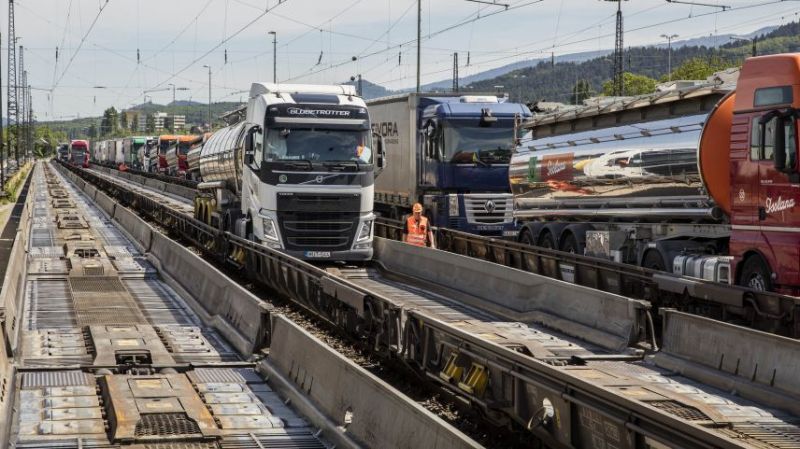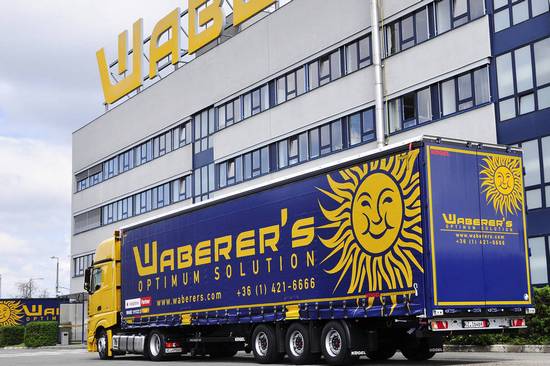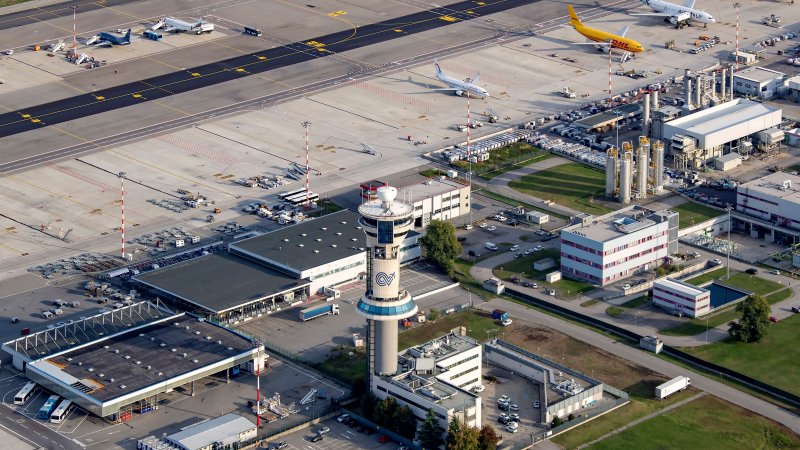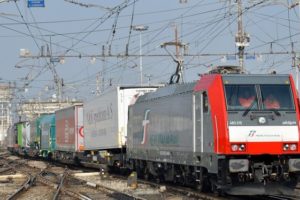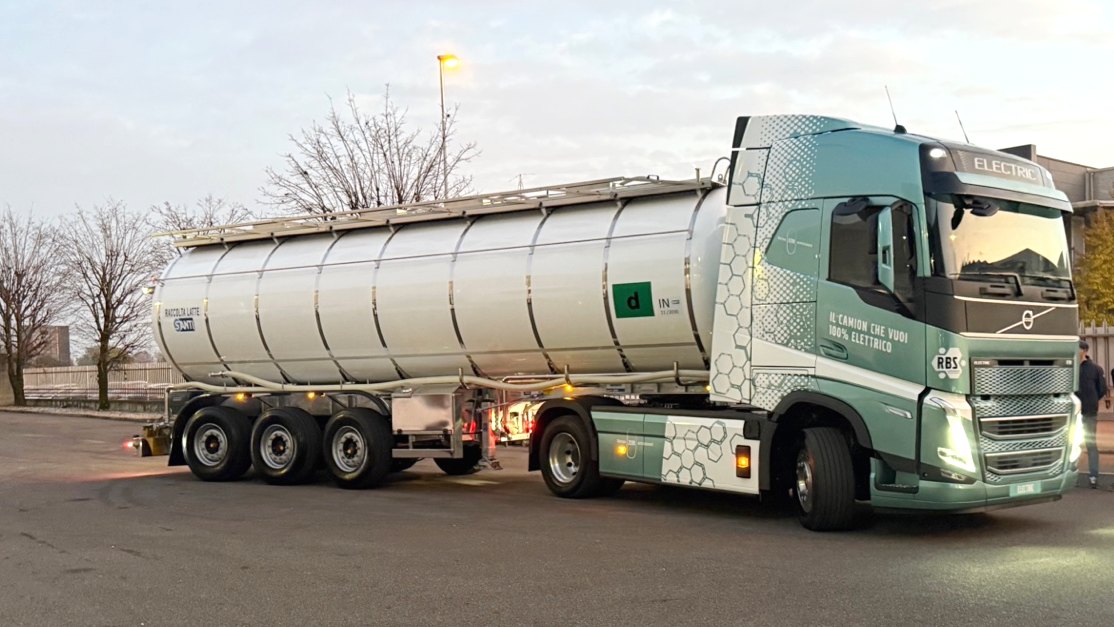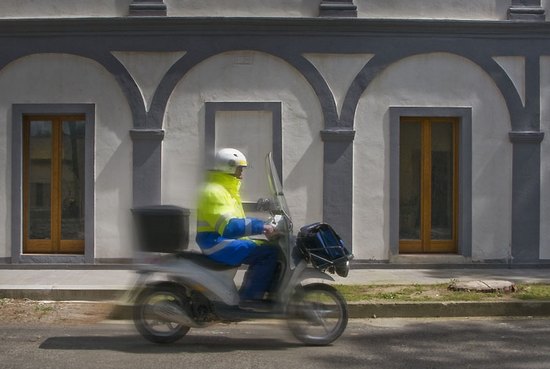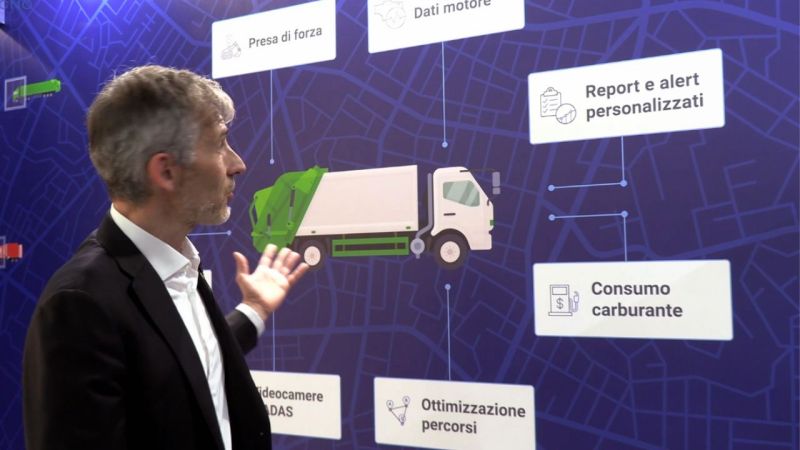On 13 December 2024, Upply published its annual report on the European road transport sector, outlining trends and challenges. Demand for road transport services experienced a sharp slowdown during the year, with a significant drop in freight volumes. This decline led to a fall in average freight rates per kilometre, with decreases exceeding 5% in some regions compared to the previous year. As a result, many carriers saw their profit margins shrink further due to rising operating costs.
Fuel remains the largest cost category, accounting for around 30% of total expenses. Labour costs, which are equally significant, have risen considerably over the past two years. High inflation in 2022 and 2023 has driven up wage demands, while the industry continues to struggle to attract workers, particularly for driving roles.
In Germany, the minimum wage for industrial vehicle drivers increased by 3.42% on 1 January 2024, reaching €12.41 per hour. A further 3.3% rise is scheduled for 1 January 2025, bringing the rate to €12.82 per hour. While these figures reflect minimum wage adjustments, they inevitably influence negotiated pay rates within the industry and individual companies.
In Poland, a study by the Polish Road Transport Institute revealed that the average base salary for professional truck drivers in 2023 was approximately €1,189—roughly double the national minimum wage—representing a nearly 17% increase from 2022. Meanwhile, in France, the National Road Committee's 2024 assessment of road transport costs reported a 7.5% rise in driver wages.
Other cost categories are also climbing. In France, according to the National Road Committee, the overall cost of road freight transport, excluding fuel, increased by an average of 5.5% annually. This includes structural costs (+5%), equipment maintenance (+3.5%), and toll charges (+3%). Such increases have prompted many companies to reevaluate their operational models, optimising routes and minimising vehicle downtime.
The sector's crisis extends beyond profit margins. In 2024, there was a significant rise in road transport company closures across Europe. In France, data from Altarès recorded 1,339 insolvencies in freight transport firms—a 37.8% increase compared to the previous year. Of these, 939 resulted in judicial liquidations, with small enterprises employing fewer than ten people being the hardest hit.
A similar pattern emerged in other Western European nations. In Belgium, data from Statbel cited by Allianz Trade showed transport sector bankruptcies increased by over 50% since the beginning of the year. In Germany, insolvency rates in the transport and logistics sector were roughly double the average for other industries. Meanwhile, in the United Kingdom, the Road Haulage Association reported industry fragility, with nearly 500 carriers shutting down in 2023 and a projected 10% increase in closures for 2024. The association issued an urgent appeal to the government.
A notable trend in 2024 has been the increasing prominence of Eastern European fleets, particularly from Poland, now the largest in Europe. Road transport companies in Poland play a crucial role in the national economy, contributing 7% to GDP and 6.5% to employment. However, the economic slowdown in Europe, particularly in Germany, has led to reduced production levels and a corresponding drop in transport demand. Facing rising costs, as seen across Europe, Polish companies are experiencing mounting financial pressure, with debt levels becoming increasingly critical.
Amid these challenges, digitalisation has emerged as a key solution. Advanced fleet management systems allow real-time vehicle performance monitoring, route optimisation, and fuel consumption reduction. According to Upply, some operators have reported operational savings of up to 15% through predictive software and artificial intelligence-driven solutions.
Sustainability is also transforming the sector. Electric trucks, though still a minority, are gaining traction thanks to government incentives and increasing regulatory pressure to reduce CO2 emissions. France, for example, has launched a national programme offering subsidies covering up to 40% of the cost of low-emission vehicles, encouraging many companies to invest in eco-friendly fleets.
The concept of green logistics is gaining momentum, with more clients demanding sustainable transport solutions. Companies integrating environmentally friendly practices into their operations not only enhance their reputations but also access high-margin market segments.
Looking ahead, transport companies face numerous structural challenges. The driver shortage, for instance, is expected to worsen in the coming years, requiring greater investment in training and talent attraction. At the same time, increasing environmental regulations will necessitate further investments in clean technologies. However, this transition requires substantial upfront investment and careful planning.


